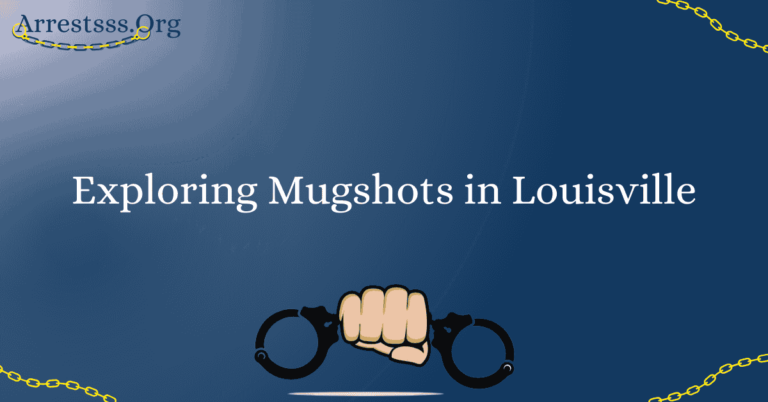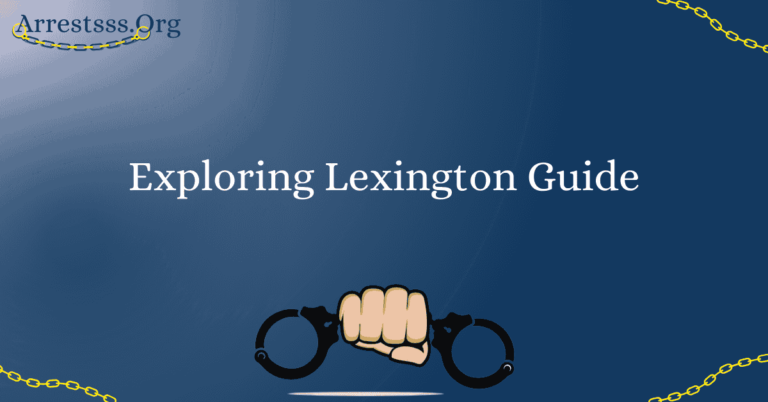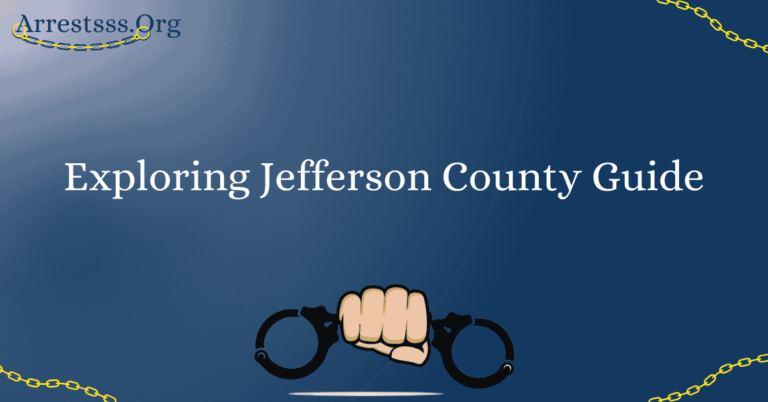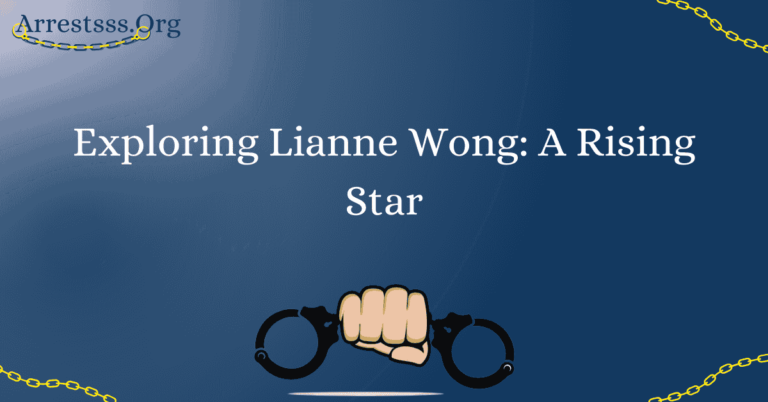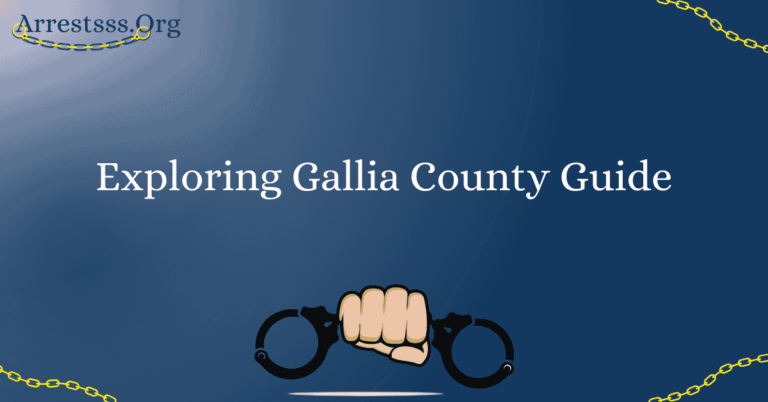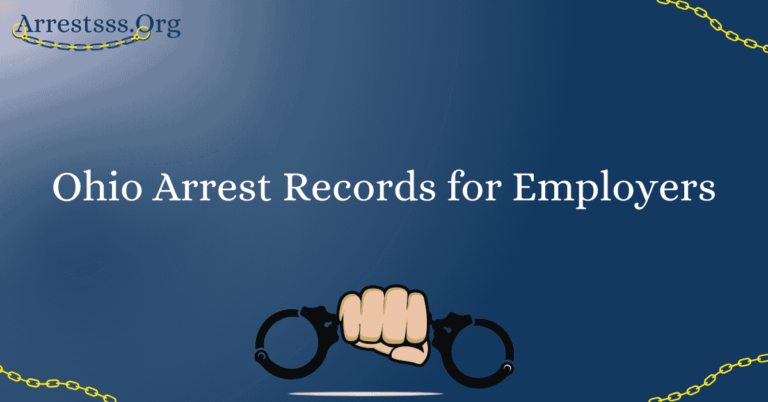Illinois Criminal Record Expungement
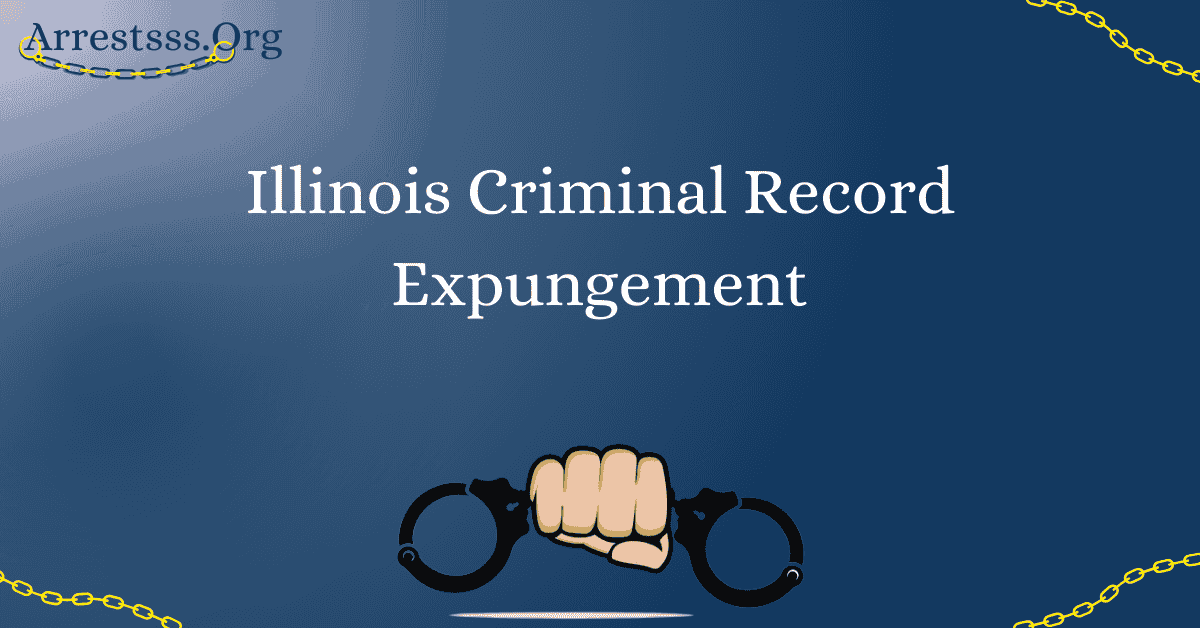
Criminal record expungement in Illinois offers individuals a chance at a fresh start. To navigate this process successfully, it’s crucial to understand the complexities involved. This comprehensive guide will walk you through the Illinois State Criminal Record Expungement process, providing valuable insights and step-by-step instructions.
Navigating the Illinois Expungement Landscape
Illinois offers hope to those with criminal records through its expungement process, allowing individuals to clear their slate and regain control of their lives. This article will serve as your compass, guiding you through the Illinois Criminal Record Expungement journey. Whether you’re looking to expunge a misdemeanor or a more serious offense, this guide has you covered.
The Expungement Process
Illinois Criminal Record Expungement can be a complex endeavor, but breaking it down into a few key components can help you grasp the process more easily. Let’s delve into the essential elements:
Eligibility Criteria
Determining whether you’re eligible for expungement is the first and most crucial step. In Illinois arrest, eligibility depends on various factors, including the type of offense, whether you were convicted or arrested, and the time that has elapsed since the incident. Misdemeanors and certain non-violent felonies may be eligible for expungement, but more serious crimes may not qualify. It’s essential to consult with an attorney or use online resources to assess your eligibility accurately.
Gathering Documentation
Once you’ve established your eligibility, the next step is gathering the necessary documentation. This typically includes arrest records, court documents, and case disposition records. These documents are vital as they provide evidence to support your expungement petition. Ensure that you collect all relevant paperwork to avoid delays in the process.
Filling Out the Petition
With your documentation in hand, you’ll need to complete the expungement petition form. This form requires you to provide detailed information about your case, such as the charges you faced, case numbers, and court details. Accuracy is crucial when filling out this form, as any errors could lead to complications or delays in the process.
Filing the Petition
After completing the petition, you must file it with the appropriate court. Keep in mind that there are filing fees associated with this step, which can vary based on your location and the nature of your case. Ensure that you pay the required fees and submit your petition to the correct court to avoid any administrative issues.
Waiting Period
Illinois law mandates waiting periods before expungement petitions can be considered. The duration of these waiting periods varies depending on the specific offense. For misdemeanors, the waiting period is typically shorter than for more serious felonies. During this waiting period, it’s essential to maintain a clean record and stay out of legal trouble.
Attending a Hearing
In some cases, a hearing may be necessary to make your case for expungement. The judge will evaluate your petition and may ask you to present arguments supporting your request. It’s crucial to prepare thoroughly for the hearing, as a convincing presentation can significantly increase your chances of success.
The Outcome
After completing all the required steps, you will receive a decision regarding your expungement petition. If the judge grants your request, your criminal record will be expunged, and you can move forward with a clean slate. However, if your petition is denied, you may have the option to appeal the decision or explore other legal avenues.
FAQ’s
How long does the expungement process typically take in Illinois?
The duration of the expungement process in Illinois can vary widely based on factors such as the type of offense, court backlog, and the complexity of your case. In some instances, it may take several months, while more complex cases could take a year or longer. It’s essential to be patient and stay informed about the progress of your petition.
Can I expunge a felony conviction in Illinois?
Expunging a felony conviction in Illinois is generally more challenging than expunging a misdemeanor. However, certain non-violent felony convictions may be eligible for expungement or sealing. Consult with an attorney to assess your specific situation and explore your options.
What if I have multiple offenses on my record?
If you have multiple offenses on your criminal record, each case will be evaluated individually for expungement eligibility. Some offenses may be eligible while others are not. It’s essential to consult with legal counsel to determine the best course of action for each case.
Will my expunged record still appear in background checks?
After your record is expunged in Illinois, it should not appear in most standard background checks. However, certain agencies or organizations may still have access to sealed records. It’s advisable to keep copies of your expungement order to provide as proof, if necessary.
Can I apply for expungement if I was not convicted but was arrested?
Yes, in Illinois, you can apply for expungement even if you were not convicted but were arrested. However, the eligibility criteria and waiting periods may vary for arrest records compared to convictions. It’s essential to consult with an attorney or research the specific requirements for expunging arrest records in your jurisdiction.

